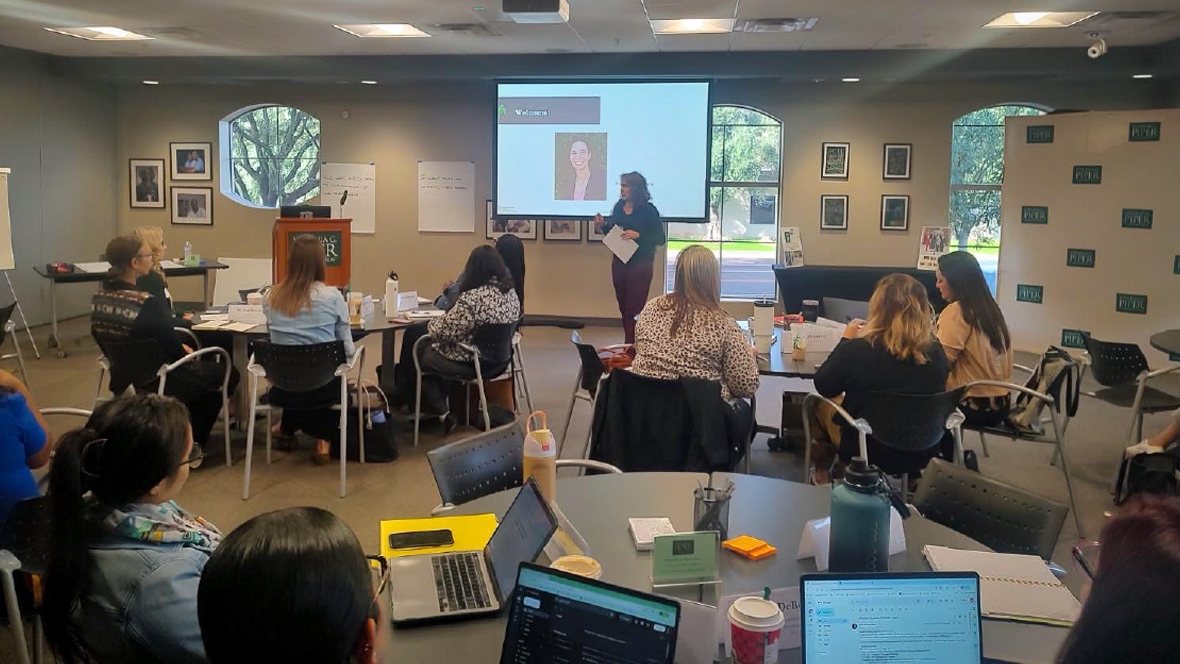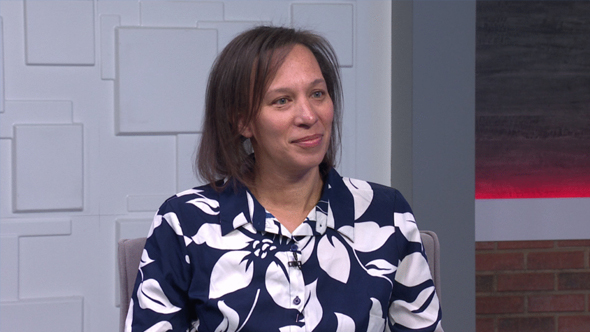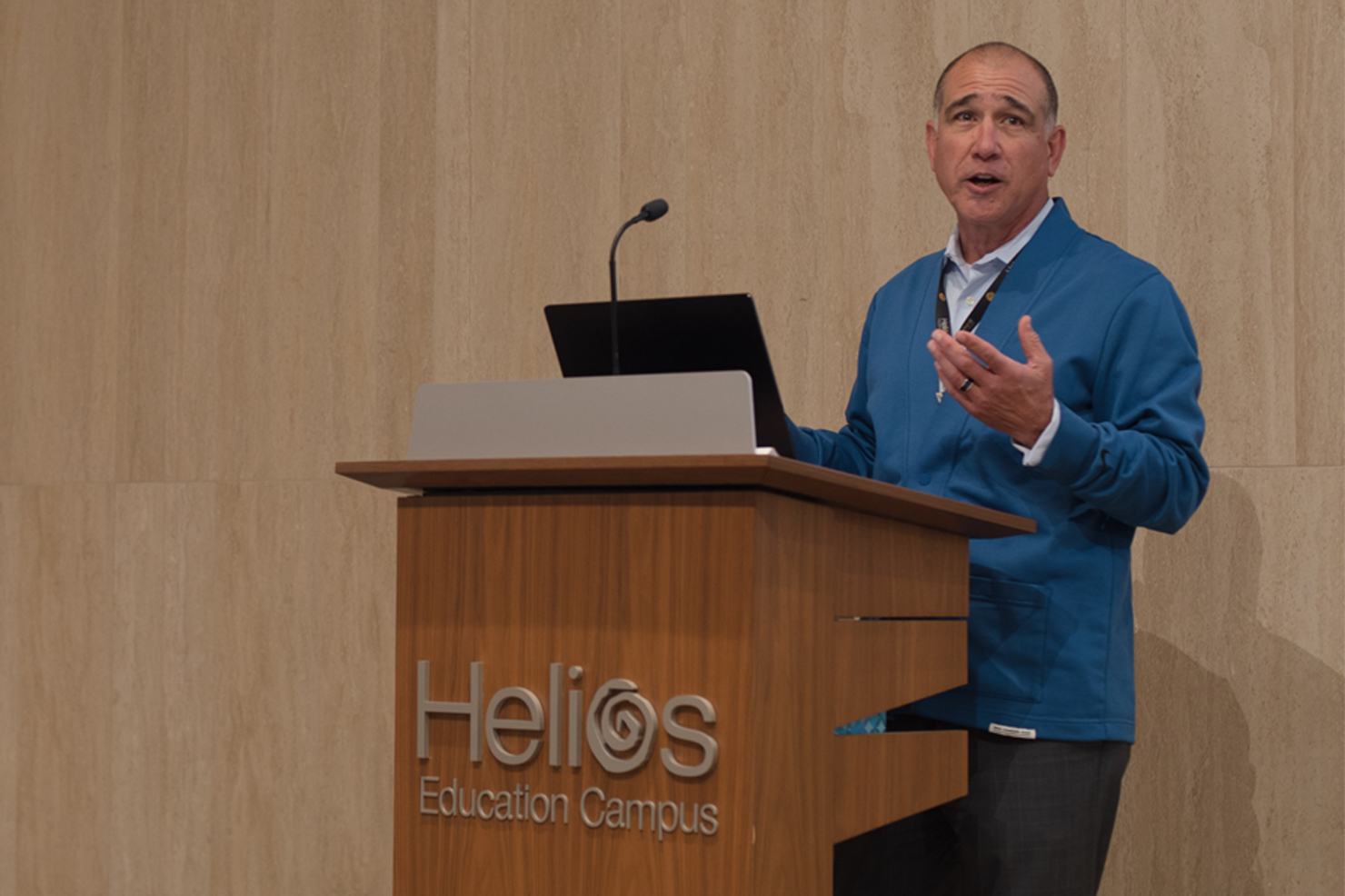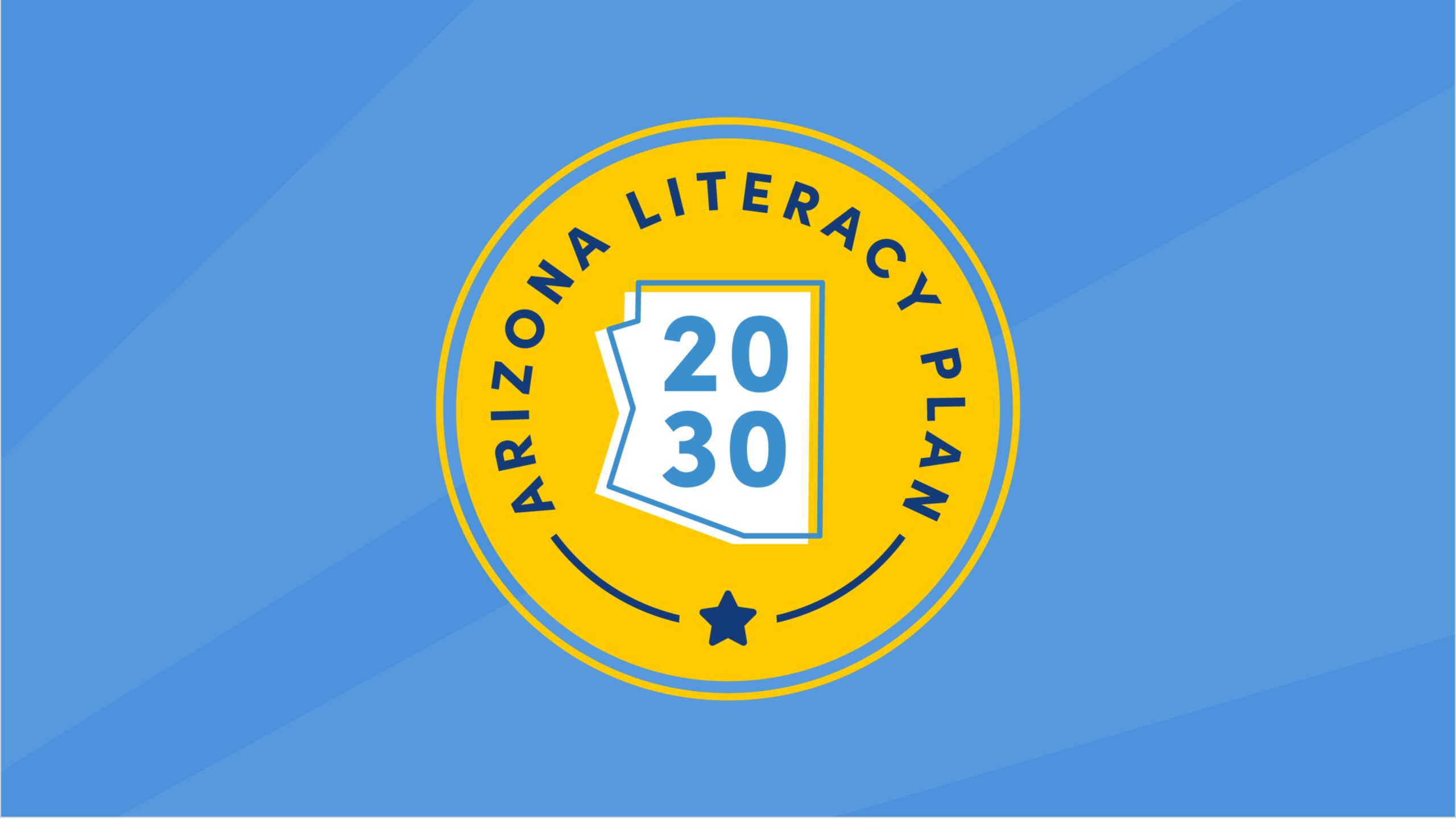December 15, 2017
Research
Penn State University | Katie Bohn | December 14, 2017
Children growing up in poverty face many challenges, but a preschool program that aims to improve social and emotional skills may help increase their focus and improve learning in the classroom, according to researchers.
Researchers observed two groups of children from preschool through third grade. One group participated in the Head Start REDI (Research-based, Developmentally Informed) program and the other did not. Each year, the researchers measured the students' executive function (EF) -- skills that help children focus, control their impulses, remember details, and other skills essential in the classroom.
Karen Bierman, Penn State Evan Pugh Professor of Psychology, said that while most children seemed to benefit from the REDI program, it was the children that started out with the lowest executive function that benefited the most.
"We saw a bit of an improvement in EF skills after REDI ended at the end of preschool, but the bigger effects emerged over time in the children that started out with lower EF," Bierman said. "We think that the social and emotional skills they built in the program boosted the EF in this group of kids, which in turn helped them engage in the classroom and benefit cognitively."
The researchers -- who published their findings in the journal Psychological Science -- said executive function skills are critical for all students, but they tend to be lower in children that grow up in poverty. Bierman said that if students are low in executive function and can't regulate their behavior in the classroom and focus on their schoolwork, it's hard for them to learn.
"Some people describe executive functions as the neural architecture for learning," Bierman said. "They help you organize and focus your attention, support your working memory, and promote your self-control. They help you stop and think through something. EF is governed by the prefrontal cortex, which grows very rapidly during the preschool years. So preschool is a great opportunity to work on these skills."
The REDI program was developed at Penn State as a way to build upon the existing Head Start program, which provides preschool education to low-income children. The REDI program aims to improve social and emotional skills, as well as early literacy and listening skills, by incorporating stories, puppets and other activities that introduce concepts like understanding feelings, cooperation, friendship skills and self-control skills.
The researchers suggested that REDI's focus on these skills would also help strengthen executive function. They recruited 356 children for the study, with 192 participating in the REDI program and 164 participating in a traditional Head Start curriculum.
As the children moved from preschool through third grade, the researchers checked in each year and measured executive function and academic performance. In addition to comparing the REDI students to the control group, they also noted the differences in children that started with high, medium and low executive function within the REDI program.
After analyzing the data from all five years and across all groups, the researchers found that the children in the low executive function group showed more growth in EF than the control group. The researchers also saw better reading fluency and language arts and math performance in the third grade in the lower executive function group compared to the control group.
"We saw that this enriched preschool intervention can really have long-term academic benefits, especially, in this case, for kids who were at highest risk for having school difficulties because of their low executive function," Bierman said. "The greatest benefits for the larger group of children were in the area of social and behavioral adjustment when they moved into elementary school. And for the kids with lower executive function, we also saw improved academic skills."
Bierman said she believes that boosting executive function in the kids that needed it most, gave them the skills to participate and focus in the classroom.
In the future, the researchers said they want to continue following the children in the study as they move into middle and high school to continue measuring the lasting effects of the REDI program.
Originally published by Penn State University.











